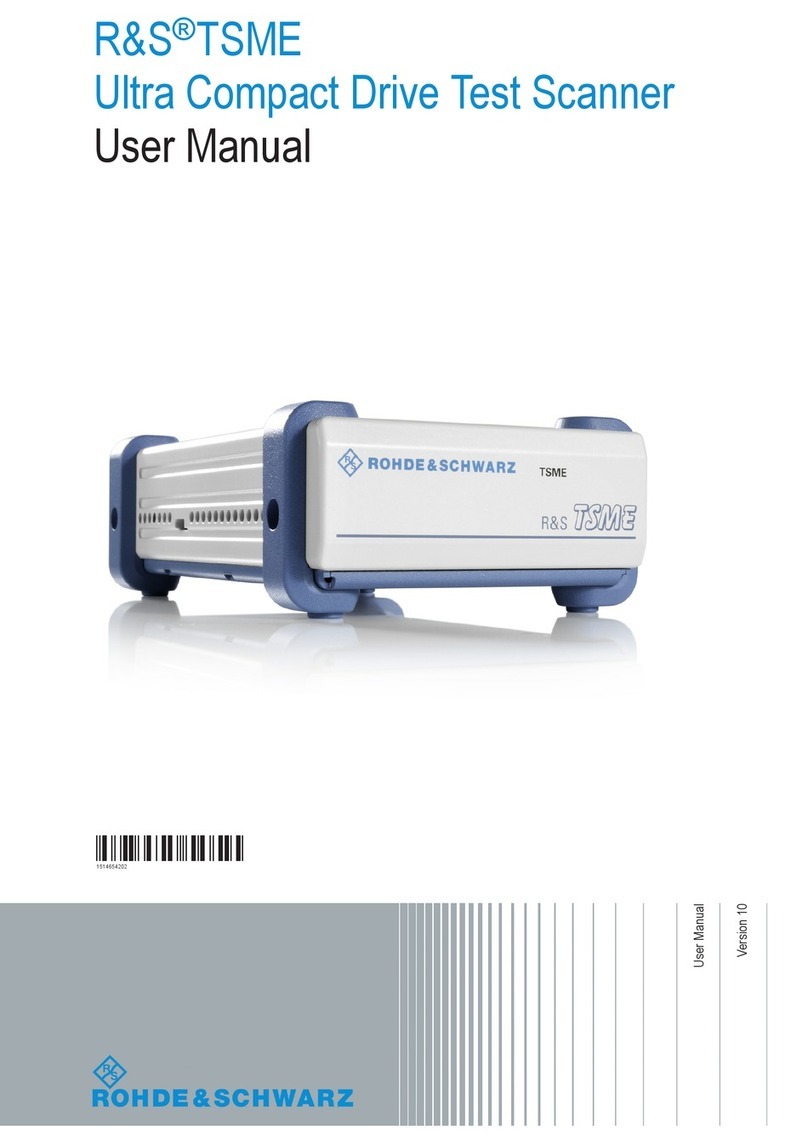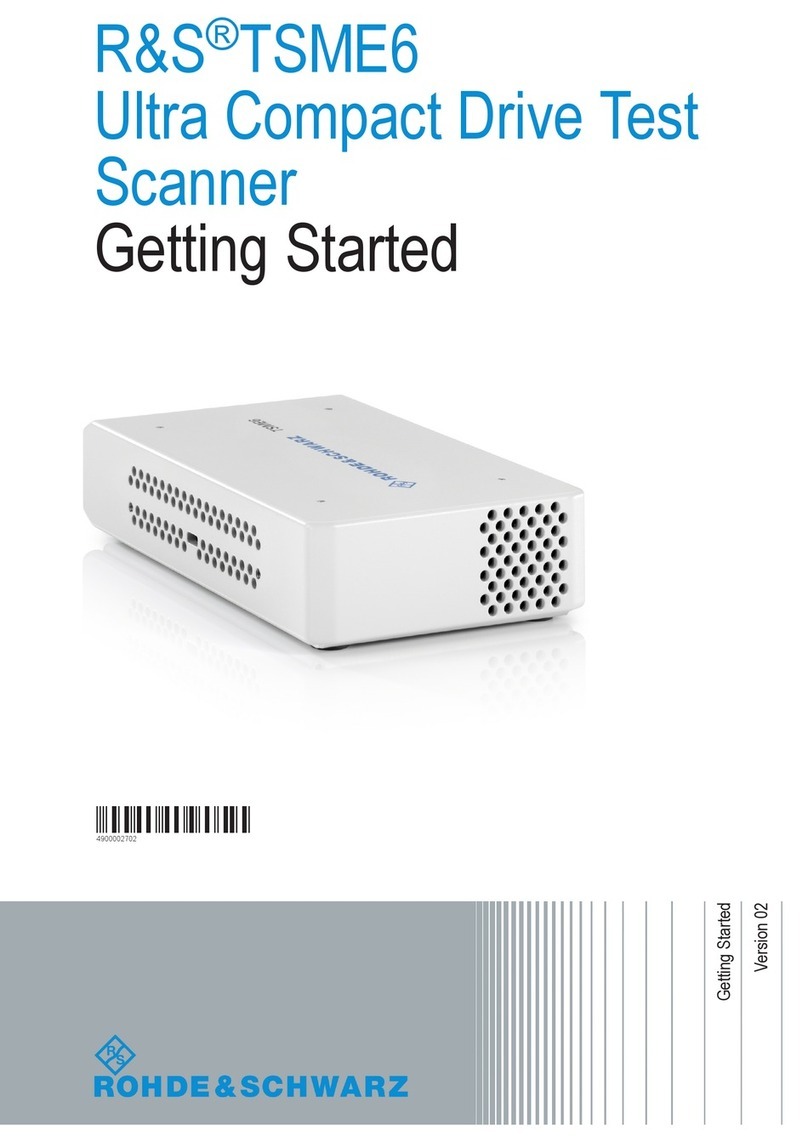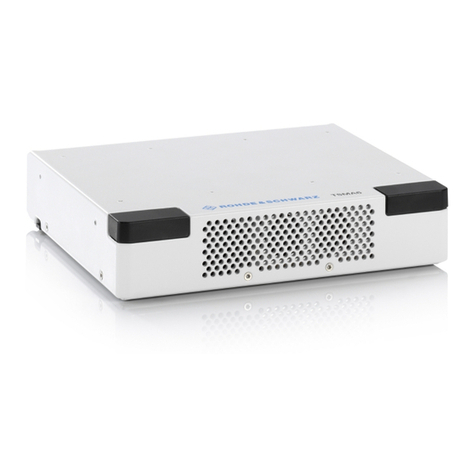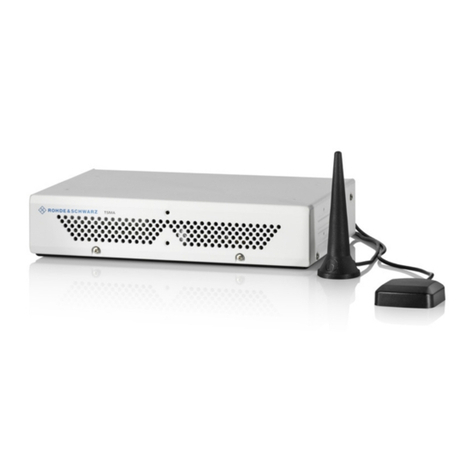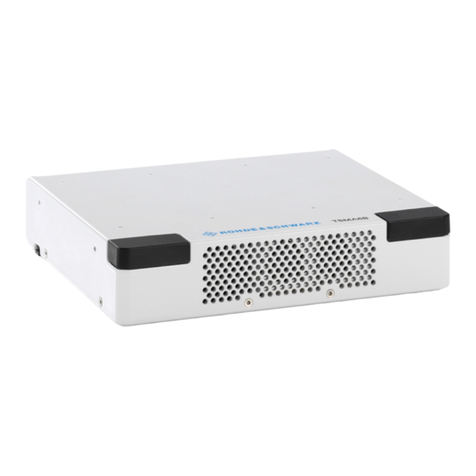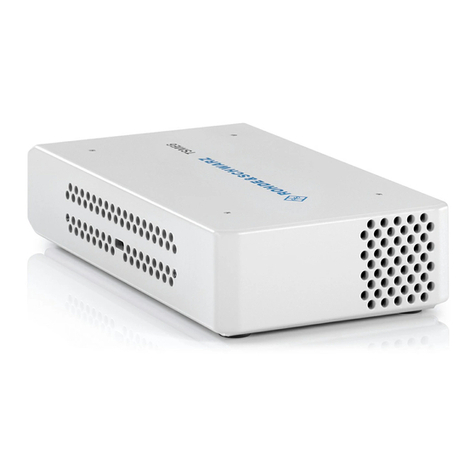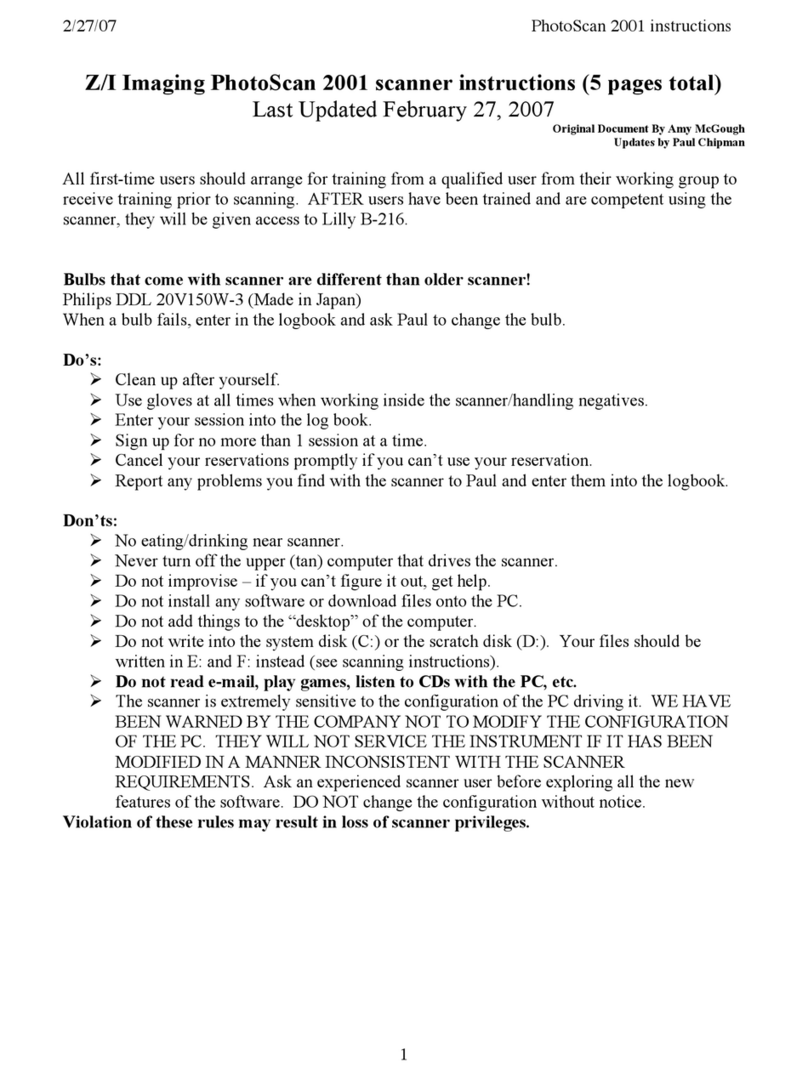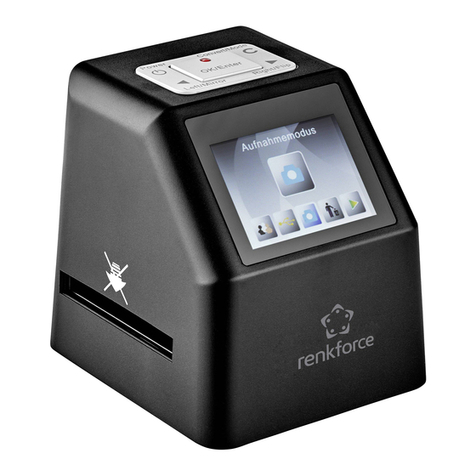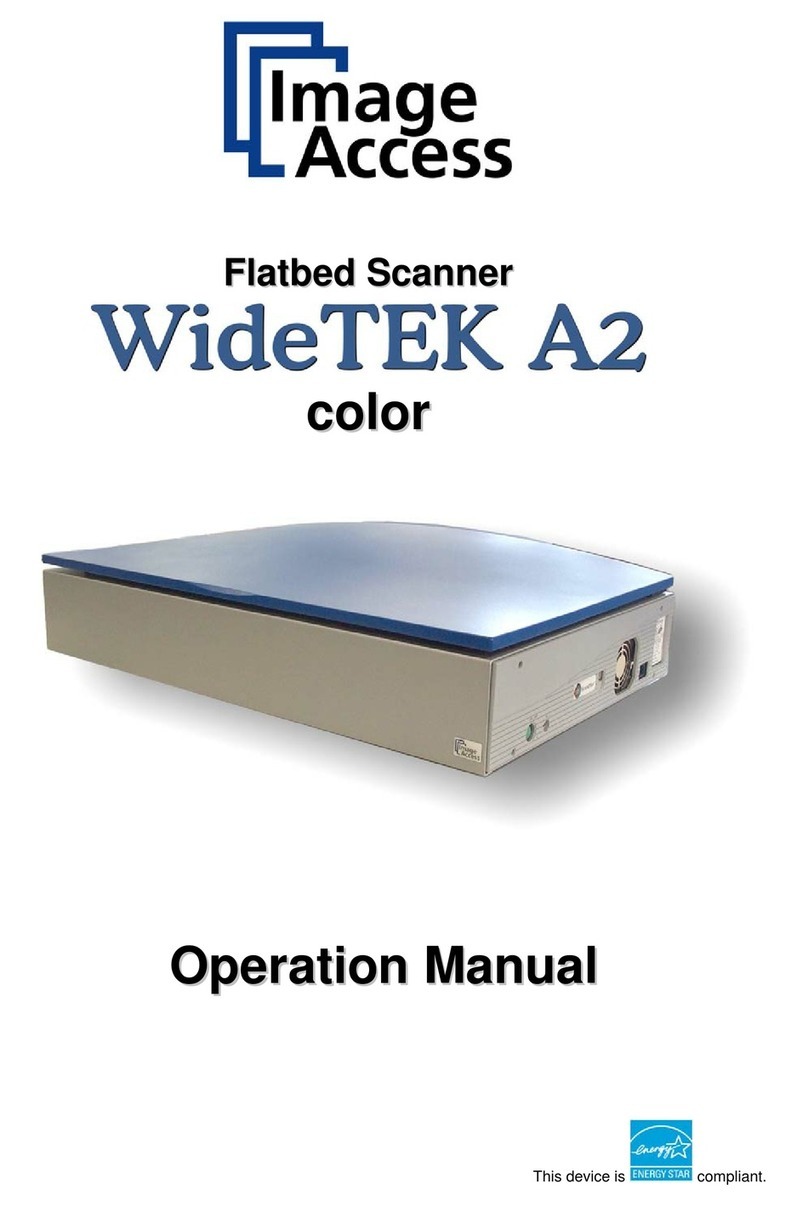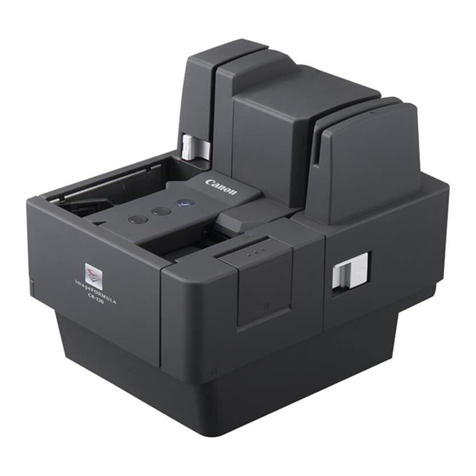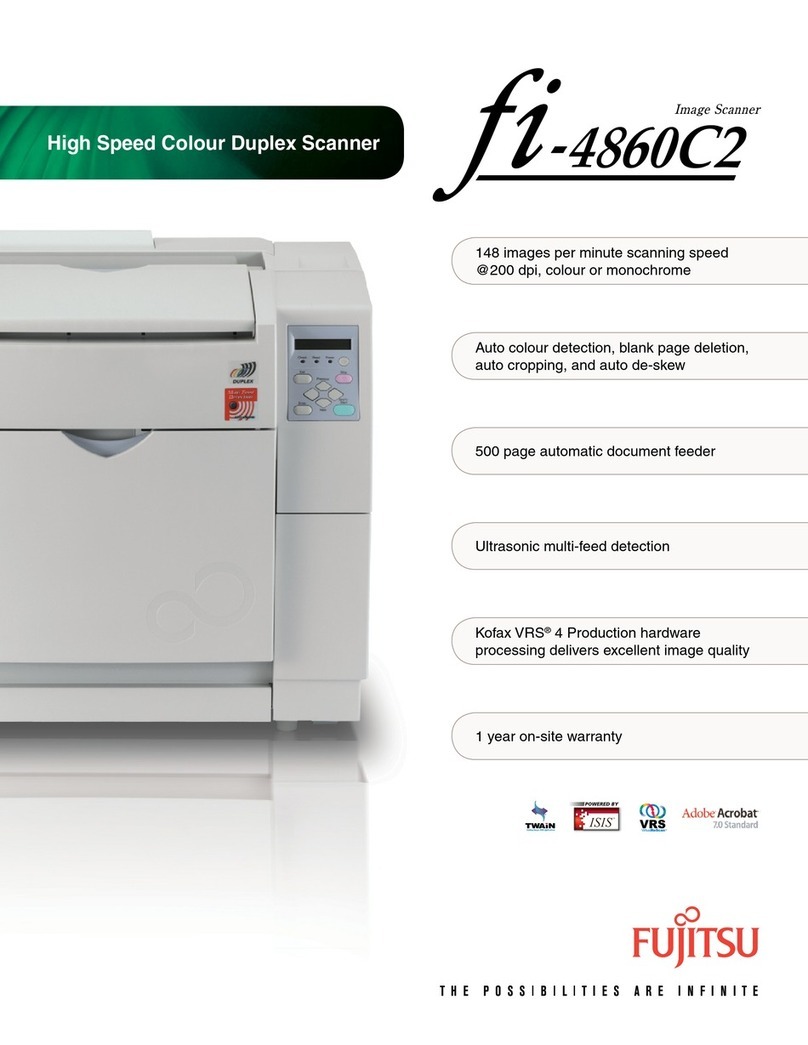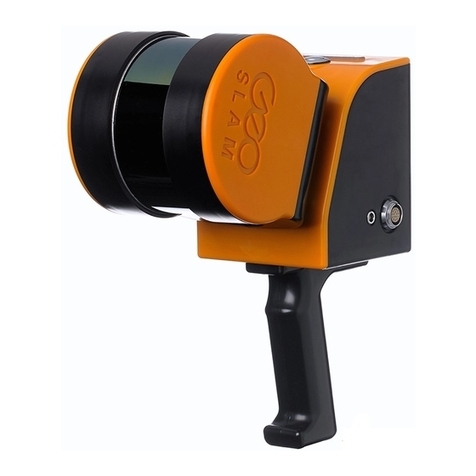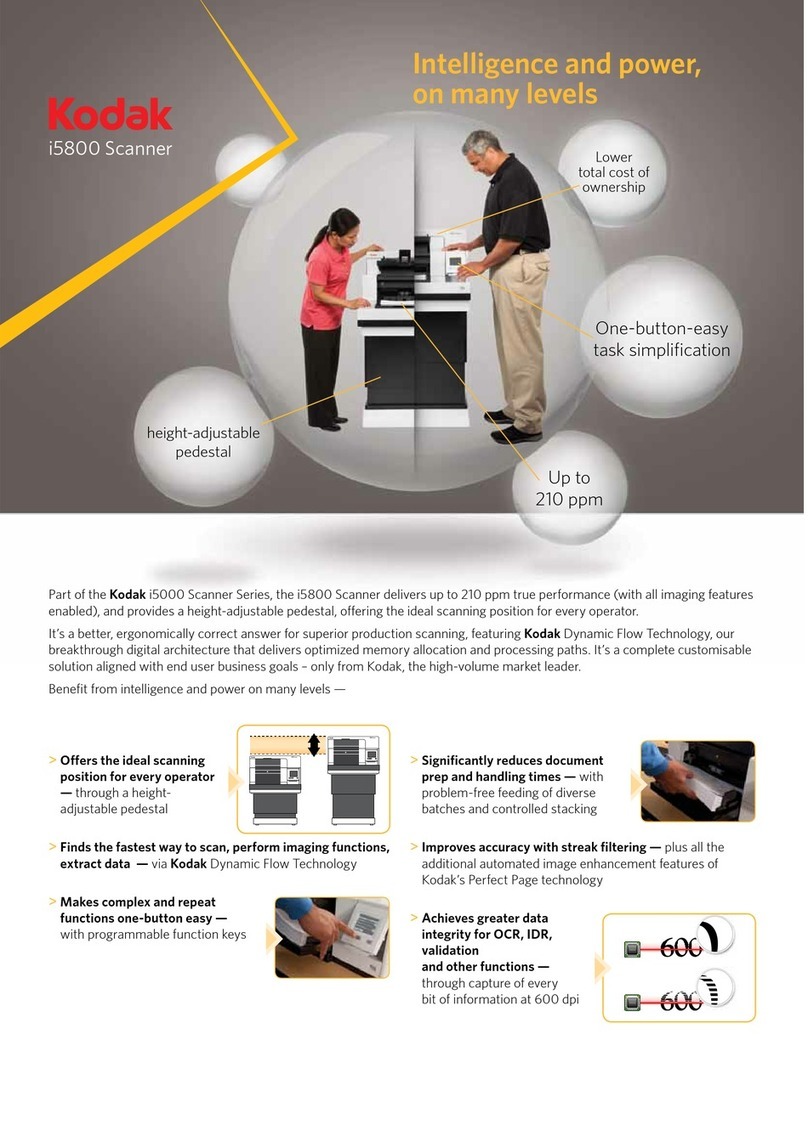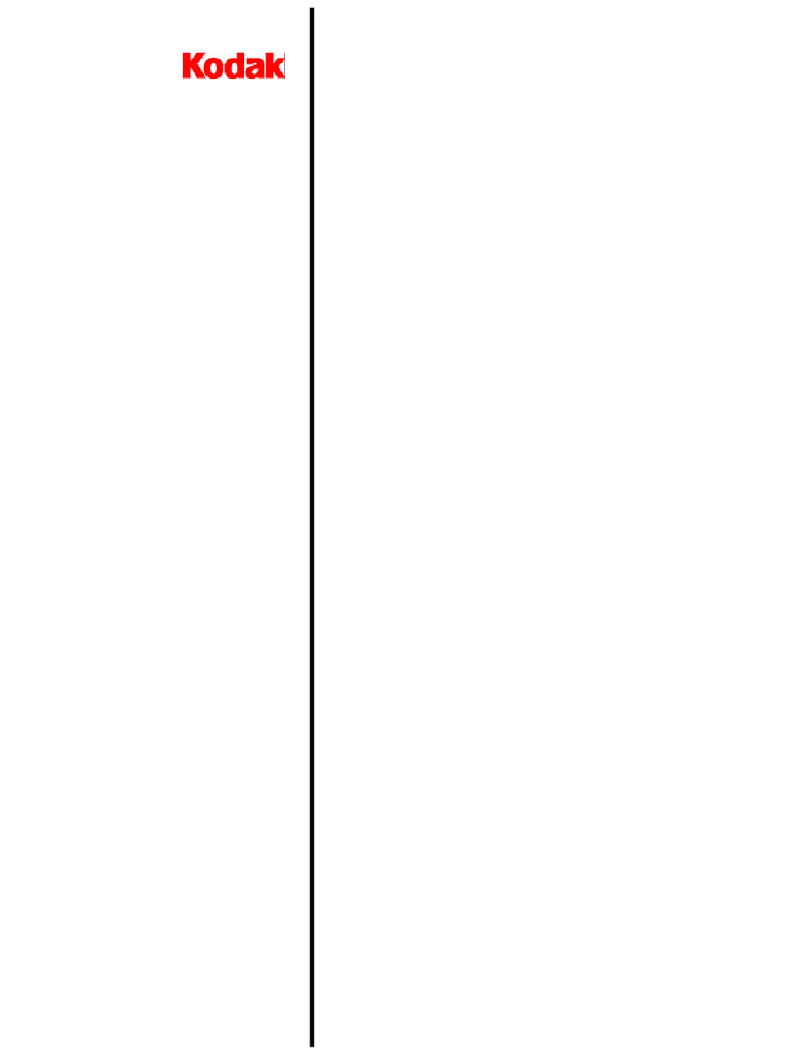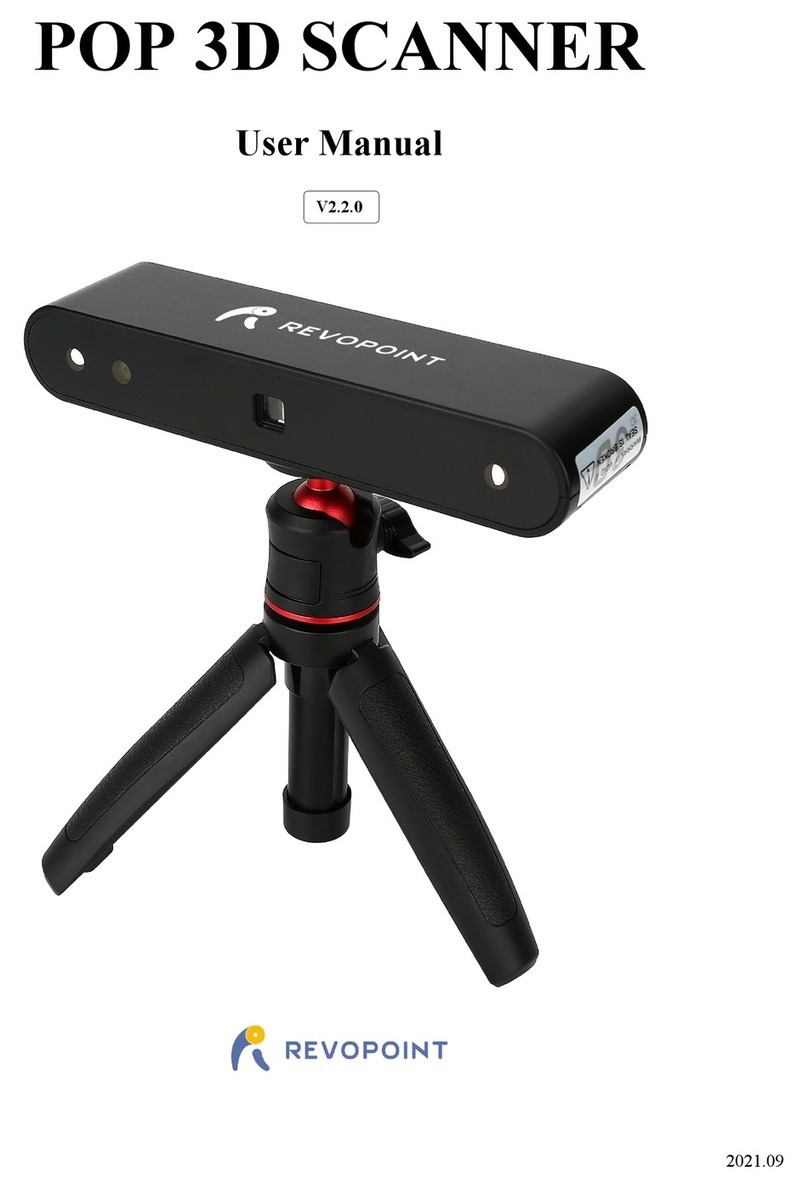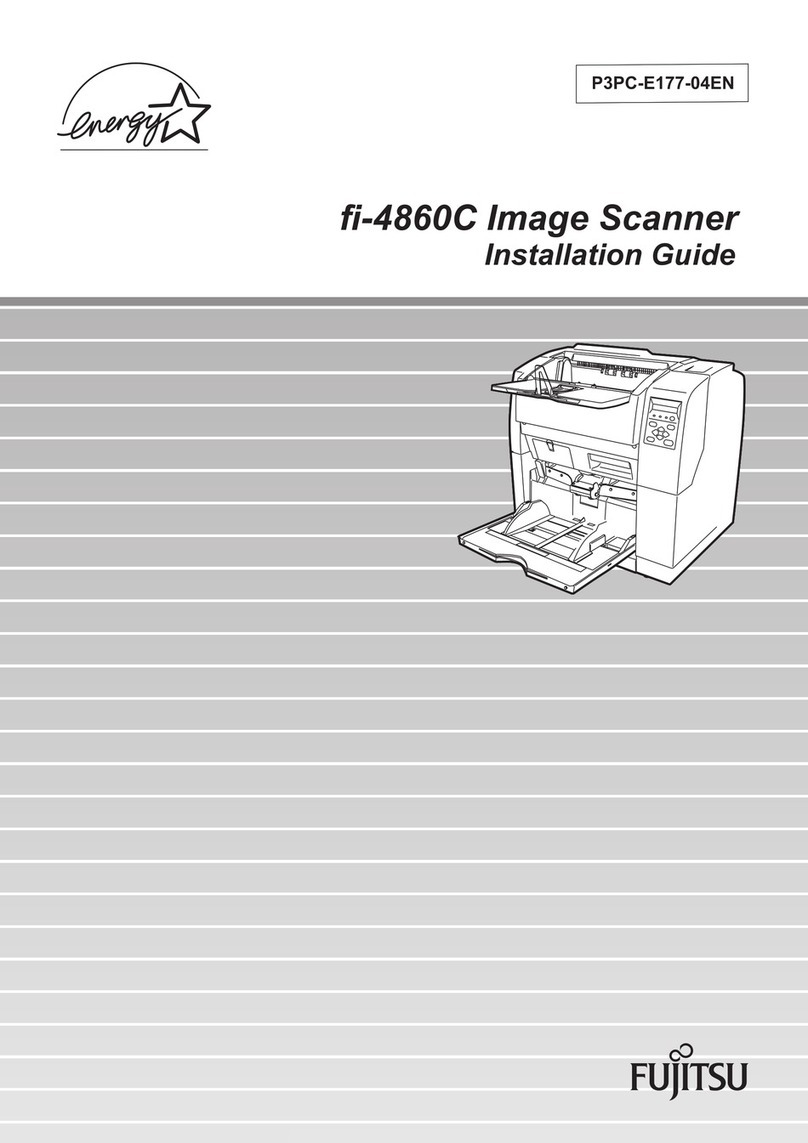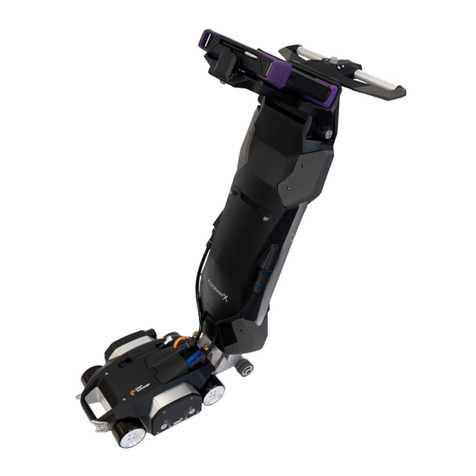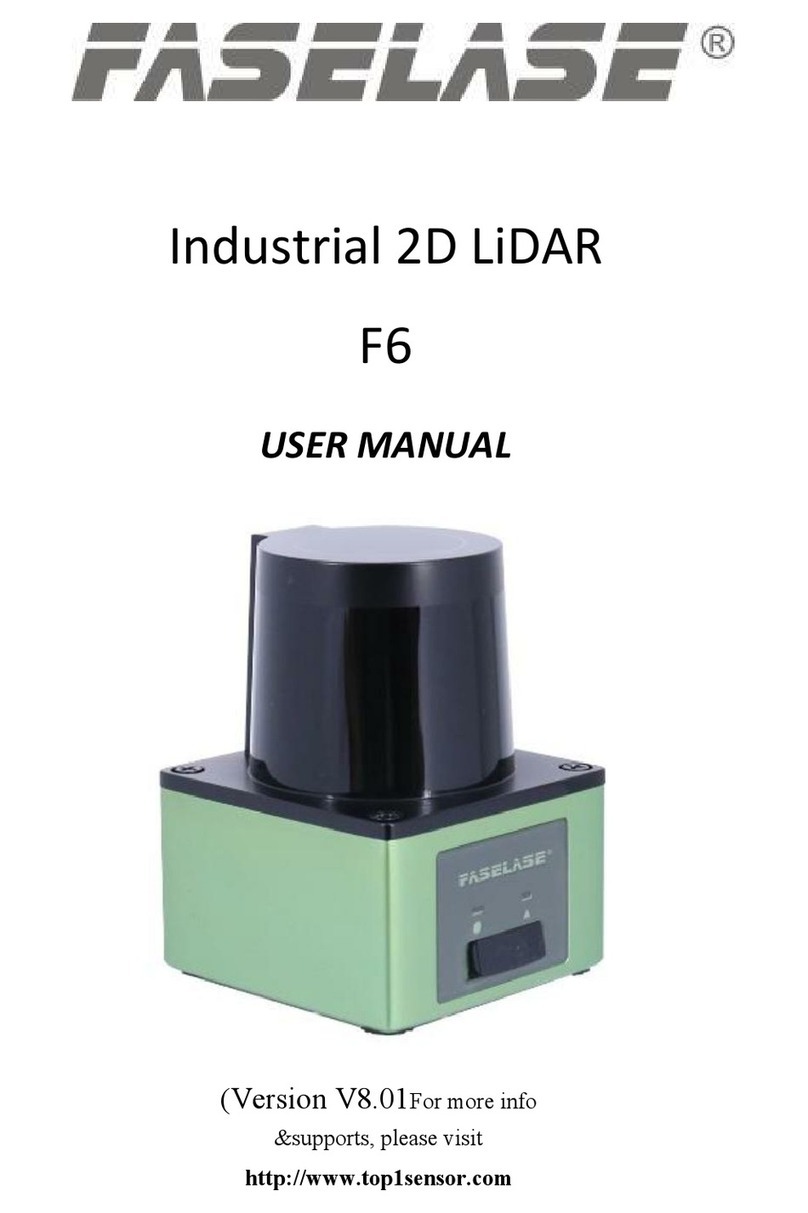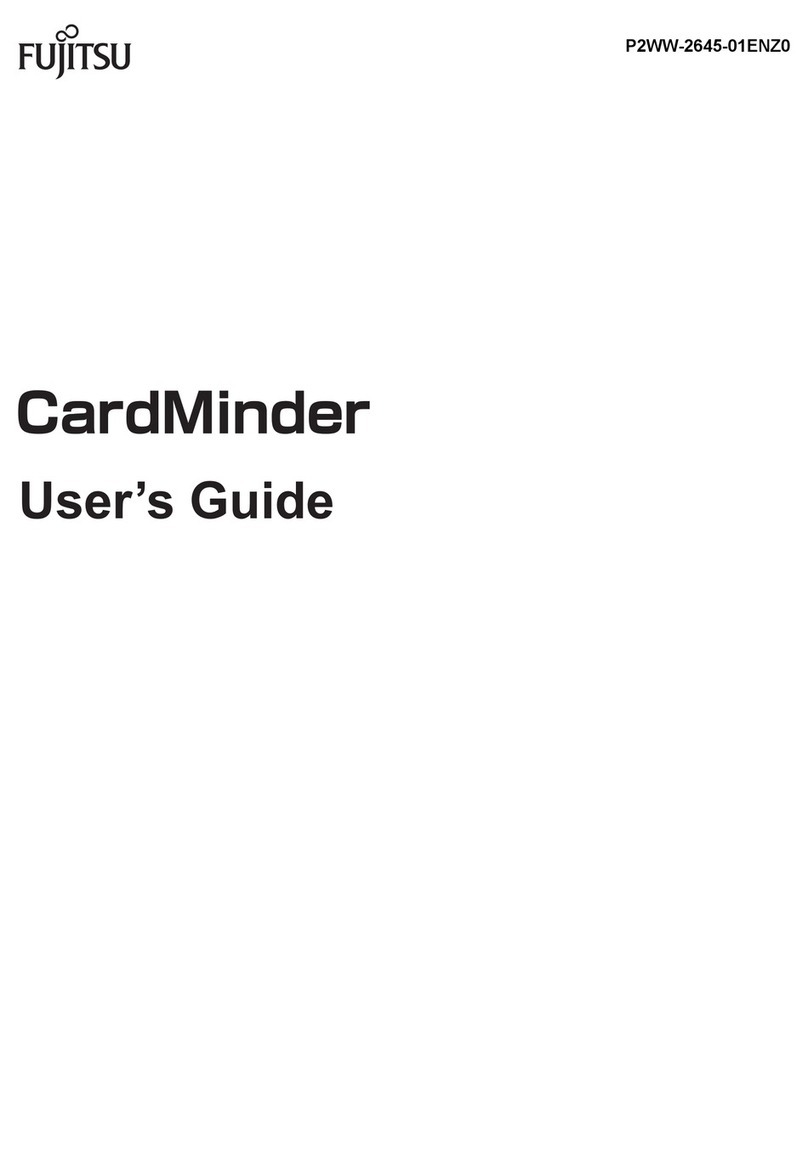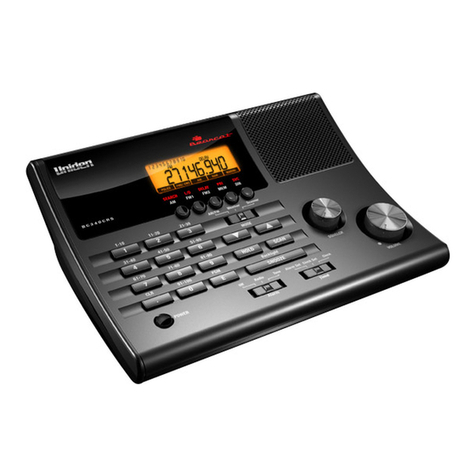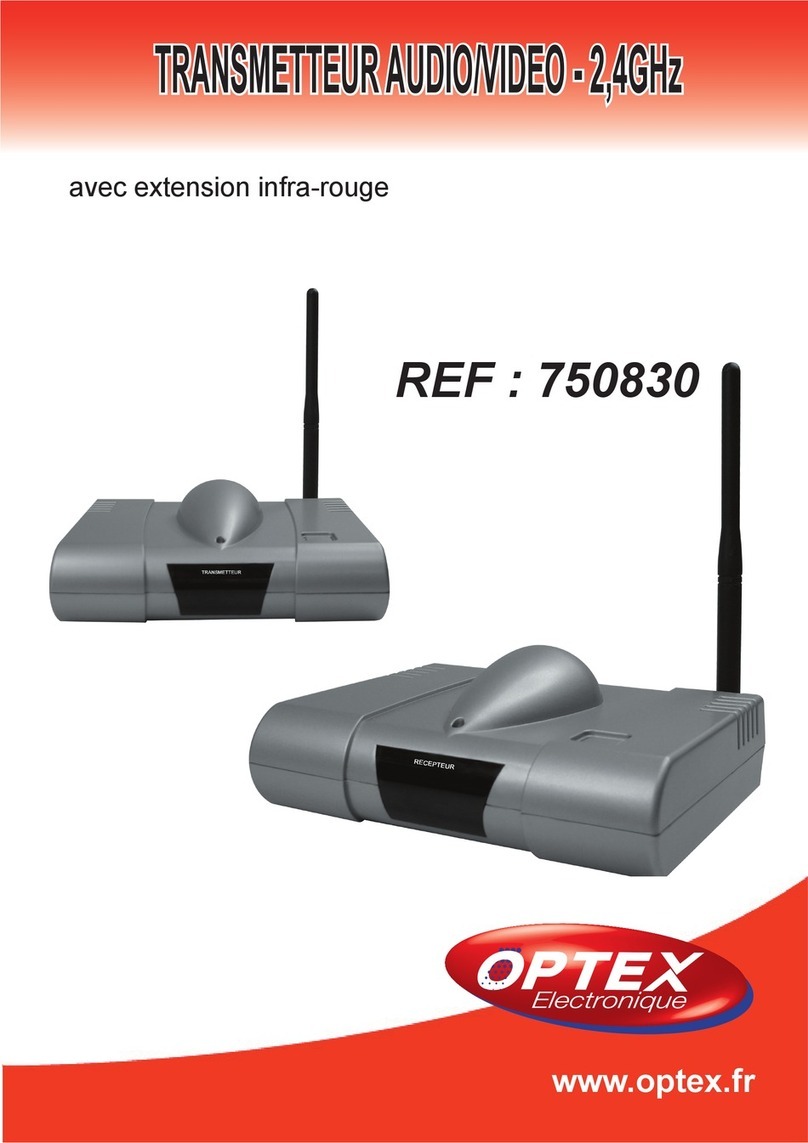
Contents
R&S®TSMA6
4Getting Started 4900.8040.02 ─ 09
5.1 Front panel view..................................................................................25
5.2 Rear panel view...................................................................................25
5.3 Built-In GPS receiver.......................................................................... 28
5.4 Built-In WLAN / Bluetooth adapter.................................................... 29
5.5 Status LEDs.........................................................................................29
6 Configuring the R&S TSMA6.............................................. 32
6.1 Accessing the R&S TSMA6................................................................32
6.1.1 Using the R&S TSMA6 web GUI.......................................................... 32
6.1.1.1 Local use of the web GUI......................................................................33
6.1.1.2 Via WLAN from a remote PC or smartphone........................................33
6.1.2 Using a remote desktop connection......................................................33
6.2 Selecting mode of operation..............................................................35
6.2.1 Measurement modes............................................................................ 36
6.2.1.1 PC mode............................................................................................... 36
6.2.1.2 Remote ViCom server mode.................................................................37
6.2.1.3 QualiPoc mode..................................................................................... 38
6.2.1.4 NESTOR and NESTOR probe mode.................................................... 41
6.2.1.5 SmartONE mode...................................................................................43
6.3 Importing workspace files (NESTOR, SmartONE Expert)............... 44
6.4 Pairing Bluetooth® devices................................................................ 45
6.5 Changing keyboard language............................................................47
6.6 Enabling virtual memory.................................................................... 49
7 Contacting customer support............................................ 53
Index..................................................................................... 54
